Home>Gardening & Outdoor>Outdoor Recreation & Activities>What Is The Game Kubb
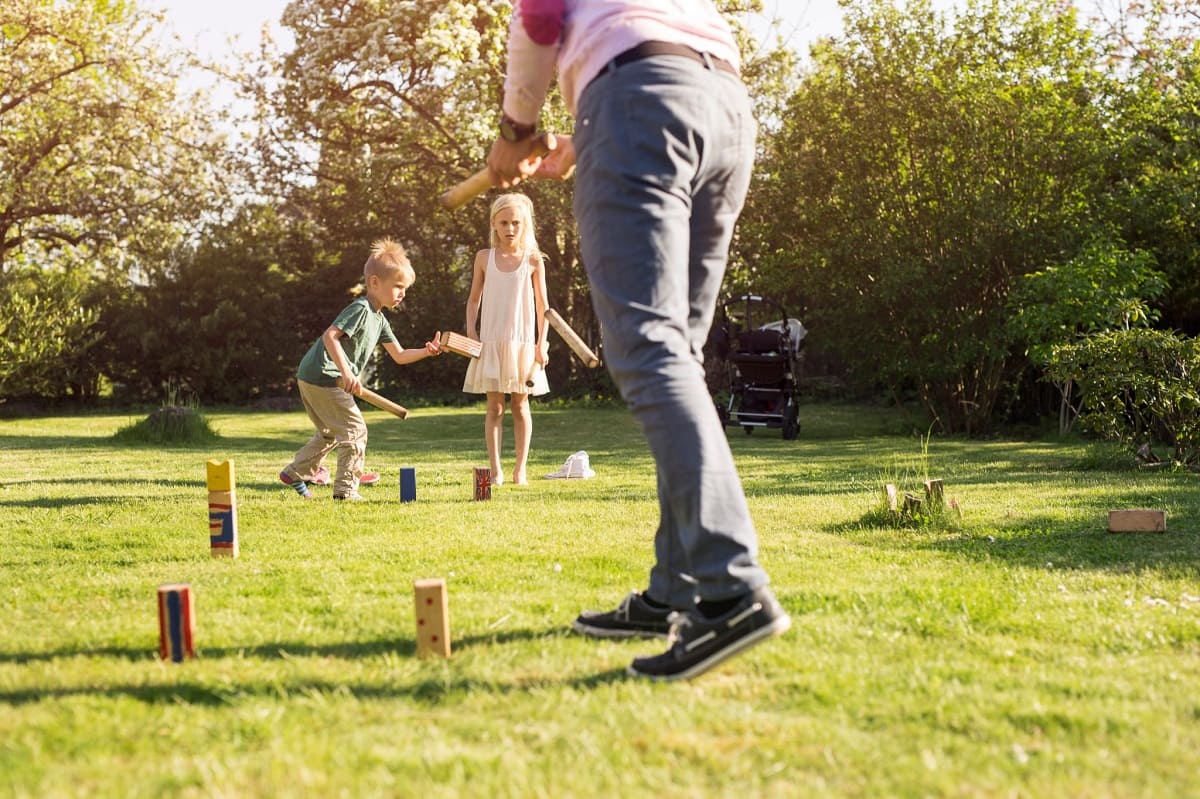

Outdoor Recreation & Activities
What Is The Game Kubb
Modified: February 18, 2024
Discover the game of Kubb, a fun and strategic outdoor recreational activity that is perfect for family gatherings and social events. Learn the rules and how to play this popular game.
(Many of the links in this article redirect to a specific reviewed product. Your purchase of these products through affiliate links helps to generate commission for Storables.com, at no extra cost. Learn more)
**
Introduction
**
Kubb, often referred to as "Viking Chess," is an ancient outdoor game that originated in Scandinavia. This captivating game combines elements of strategy, skill, and precision, making it a popular choice for outdoor enthusiasts and casual players alike. The game's simple yet engaging nature has garnered a devoted following, with players of all ages embracing its competitive and social aspects.
In recent years, Kubb has gained international recognition, finding its way into parks, beaches, and backyard gatherings around the world. Its broad appeal can be attributed to the game's accessibility, fostering a sense of camaraderie and friendly competition among participants. Whether played casually or in organized tournaments, Kubb offers a delightful way to spend time outdoors while honing one's strategic thinking and physical coordination.
As we delve into the history, rules, equipment, and strategies of Kubb, you will gain a comprehensive understanding of this enthralling game, equipping you to partake in the excitement and enjoyment that Kubb has to offer. Whether you are new to the game or seeking to refine your skills, this guide will serve as a valuable resource, shedding light on the intricacies and nuances of Kubb. Let's embark on a journey to unravel the mysteries of this ancient pastime and discover the joy of playing Kubb.
Key Takeaways:
- Kubb, also known as “Viking Chess,” is an ancient outdoor game from Scandinavia that combines strategy, skill, and camaraderie, making it a popular and engaging activity for players of all ages.
- With its origins in the Viking era, Kubb has evolved into a beloved pastime played worldwide, offering diverse variations and a rich history that unites players through friendly competition and shared enjoyment.
Read more: What Is A Kubb Set
History of Kubb
The origins of Kubb can be traced back over a thousand years to the Viking era in Scandinavia. Believed to have been played by the ancient Vikings, Kubb was not merely a form of entertainment but also served as a means of honing their strategic and tactical skills. The game was often played on natural surfaces, such as grass or gravel, using wooden blocks and sticks crafted from available materials.
While the exact historical timeline of Kubb’s development remains somewhat elusive, it is widely acknowledged that the game has deep roots in Nordic culture. In Sweden, Kubb has been a cherished tradition for generations, with local tournaments and community gatherings celebrating the game’s heritage. The spirit of camaraderie and friendly competition that Kubb fosters has endured through the ages, transcending geographical boundaries and captivating players worldwide.
Throughout its evolution, Kubb has undergone various adaptations and refinements, leading to the establishment of standardized rules and techniques. The game’s enduring popularity can be attributed to its seamless integration into social gatherings, family events, and recreational outings, where it continues to captivate players with its blend of skill, strategy, and conviviality.
In recent decades, Kubb has experienced a renaissance, spreading beyond its Scandinavian origins to become a beloved pastime in countries across the globe. The game’s inclusive nature and straightforward gameplay have contributed to its widespread appeal, attracting players from diverse backgrounds and age groups. Today, Kubb is celebrated at international tournaments, where enthusiasts converge to showcase their prowess and revel in the camaraderie that the game fosters.
As the legacy of Kubb endures and its influence continues to expand, it remains a testament to the enduring appeal of traditional games that transcend time and culture, uniting people through shared experiences and friendly competition.
Rules of the Game
Kubb is played between two teams, each aiming to overthrow the opponent’s kubbs and ultimately knock down the king to secure victory. The game begins with the kubbs set up in a specific formation at both ends of the playing field, with the king placed upright in the center. The teams take turns throwing batons to knock down the opponent’s kubbs while strategically advancing their own. To ensure a fair and engaging competition, the following rules govern the gameplay:
- Setup: The playing area is typically a rectangular pitch measuring approximately 8 meters by 5 meters, although variations in size are permissible. The kubbs are arranged in two rows at each end of the pitch, with the king positioned equidistant from both teams.
- Starting Team: A coin toss or another agreed-upon method determines which team initiates the game by throwing the first baton.
- Throwing Batons: Each team alternates throwing six batons, aiming to knock down the opposing team’s kubbs. The batons must be thrown underhand and in a manner that does not endanger other players.
- Kubb Knockdown: If a team successfully knocks down an opponent’s kubb, it is removed from the field and thrown back into the opponent’s half as a baseline kubb.
- Field Kubb: After all batons have been thrown, any kubbs that were knocked down by the opposing team are stood up in the location where they landed, becoming field kubbs for the next turn.
- King’s Role: Protecting the king is paramount, as the game ends when a team successfully topples the king. The opposing team must aim for the king only after eliminating all other kubbs.
- Winning the Game: The game concludes when one team has eliminated all of the opponent’s kubbs and successfully knocked down the king. This team is declared the victor and celebrates their strategic prowess.
By adhering to these fundamental rules, players can engage in spirited and competitive matches, showcasing their tactical acumen and aiming for victory while relishing the camaraderie that Kubb fosters.
Equipment Needed
To partake in the exhilarating game of Kubb, players require a set of specialized equipment that encompasses the essential components for a thrilling and competitive match. The following items are integral to the game and contribute to the immersive experience of playing Kubb:
- Kubbs: The primary elements of the game, kubbs are rectangular wooden blocks with dimensions of approximately 15 centimeters in height and 7 centimeters in width. Each team requires a set of six kubbs, and a larger, distinct kubb serves as the king, standing at the center of the playing field.
- Batons: Batons, also known as throwing sticks or dowels, are essential for targeting and knocking down the opponent’s kubbs. Typically, each team uses six batons, which are approximately 30 centimeters in length and crafted from durable hardwood to withstand repeated throws.
- Playing Field Markers: While the playing field for Kubb can vary in size, markers such as rope, chalk, or cones are employed to delineate the boundaries and establish the pitch’s dimensions. These markers ensure a standardized playing area and contribute to fair and equitable gameplay.
- Ground Surface: Kubb is traditionally played on natural surfaces such as grass, sand, or gravel. The choice of surface can influence the game’s dynamics, as players must adapt their strategies based on the terrain’s characteristics and nuances.
- Carrying Case: A durable and convenient carrying case or bag is recommended for storing and transporting the kubbs, batons, and other essential equipment. This facilitates ease of setup and ensures that the components remain organized and readily accessible for impromptu matches and planned outings.
By assembling these fundamental components, players can immerse themselves in the captivating world of Kubb, embracing the game’s rich traditions and fostering a spirit of friendly competition and camaraderie. Whether played in a backyard, park, or beach setting, Kubb promises an engaging and memorable experience for participants of all ages and skill levels.
Kubb is a fun outdoor game that originated in Sweden. The objective is to knock over wooden blocks, called kubbs, using wooden batons, and then knock over the king kubb to win. It’s a great game for family and friends to play together!
How to Play Kubb
Playing Kubb involves a delightful blend of strategy, precision, and camaraderie, making it an ideal outdoor activity for friends, families, and enthusiasts seeking an engaging pastime. The game unfolds in a series of strategic maneuvers and skillful throws, with each team striving to outmaneuver their opponents and claim victory. The following steps outline the essential gameplay and techniques involved in playing Kubb:
- Setup: Designate a rectangular playing area, ensuring that the dimensions adhere to the standard guidelines or mutually agreed-upon measurements. Position the kubbs in two rows at each end of the playing field, with the king placed upright in the center.
- Determine Starting Team: Use a fair method, such as a coin toss or mutual agreement, to establish which team will commence the game by throwing the first set of batons.
- Throwing Batons: The starting team takes turns throwing the batons underhand, aiming to knock down the opponent’s kubbs while strategically advancing their own. Players must exercise precision and strategy, targeting specific kubbs to gain a tactical advantage.
- Field Kubb Placement: After each turn, any kubbs that were knocked down by the opposing team are stood up in the location where they landed, becoming field kubbs for the subsequent turn. This dynamic element adds complexity to the game and requires adaptability from the players.
- Strategic Maneuvers: As the game progresses, teams strategize to eliminate the opponent’s kubbs while safeguarding their own. Deliberate planning and precise throws are essential for gaining the upper hand and positioning the team for a decisive victory.
- Targeting the King: Protecting the king is paramount, and players must exhibit strategic prowess to eliminate all other kubbs before directing their efforts toward toppling the king. This strategic decision can determine the outcome of the game and requires careful consideration.
- Celebrating Victory: The game concludes when one team successfully eliminates all of the opponent’s kubbs and knocks down the king. The victorious team celebrates their strategic acumen and revels in the shared enjoyment of the game.
By embracing these fundamental steps and techniques, players can immerse themselves in the captivating world of Kubb, honing their strategic thinking, fostering teamwork, and relishing the exhilaration of competitive play. Whether played casually or in organized tournaments, Kubb promises an enriching and memorable experience for all participants.
Read more: What Is A Kubb Tournament
Strategy and Tips
Mastering the art of Kubb requires a blend of strategic acumen, precision, and adaptability, empowering players to outmaneuver their opponents and claim victory with finesse. To excel in this enthralling game, participants can leverage a range of strategic approaches and practical tips, enhancing their gameplay and elevating the overall experience. The following strategies and insights are instrumental in honing one’s Kubb skills:
- Precision Throwing: Achieving accuracy and consistency in throwing the batons is essential for effectively targeting and knocking down kubbs. Players should focus on developing a controlled and reliable throwing technique, adjusting their aim and force to suit different game scenarios.
- Strategic Kubbs Placement: When advancing their own kubbs, players should strategically position them to create obstacles for the opposing team, making it challenging for them to target and eliminate the kubbs. Thoughtful placement can disrupt the opponent’s strategy and offer tactical advantages.
- Defensive Maneuvers: Protecting one’s kubbs and the king demands a defensive mindset, prompting players to anticipate the opponent’s moves and proactively safeguard their critical pieces. Strategic defensive plays can thwart the opponent’s progress and shift the momentum in favor of the defending team.
- Adaptability to Terrain: Given the diverse playing surfaces where Kubb is enjoyed, players must adapt their strategies to the specific characteristics of the terrain. Whether playing on grass, sand, or gravel, understanding the nuances of the surface and adjusting throwing techniques accordingly is pivotal for success.
- Team Collaboration: Effective communication and collaboration within the team foster coordinated strategies and cohesive gameplay. By strategizing together and leveraging each member’s strengths, teams can optimize their chances of outmaneuvering the opposition and achieving victory.
- King Protection: Prioritizing the protection of the king while systematically eliminating the opponent’s kubbs is a strategic imperative. Teams should carefully time their attempts to topple the king, ensuring that it aligns with their overall game plan and maximizes their chances of securing victory.
- Sportsmanship and Enjoyment: Embracing the spirit of sportsmanship and camaraderie enriches the Kubb experience, fostering an atmosphere of friendly competition and shared enjoyment. Players should prioritize fair play, respect for opponents, and a positive attitude, enhancing the overall ambiance of the game.
By integrating these strategic insights and practical tips into their gameplay, players can elevate their Kubb skills, embrace the nuances of the game, and revel in the exhilaration of competitive play. Whether engaging in casual matches with friends or participating in organized tournaments, the pursuit of strategic mastery adds depth and excitement to the timeless tradition of Kubb.
Variations of Kubb
While Kubb possesses a rich and storied tradition rooted in Nordic heritage, the game has evolved over time, giving rise to various adaptations and regional variations that add diversity and nuance to the gameplay. These distinct variations, each imbued with its unique rules and characteristics, contribute to the dynamic and ever-evolving nature of Kubb, offering players an array of engaging experiences. The following are notable variations of Kubb that showcase the game’s adaptability and enduring appeal:
- Traditional Swedish Kubb: This classic variant adheres closely to the original rules and gameplay elements, emphasizing strategic throwing, precise kubb placement, and the protection of the king. It remains a beloved and widely recognized form of Kubb, preserving the essence of the game’s historical roots.
- Beach Kubb: Tailored for sandy shores and beach settings, Beach Kubb incorporates adjustments to the standard rules to accommodate the unique challenges and dynamics of playing on sand. The game’s pace and strategies are influenced by the shifting terrain, presenting players with an invigorating and distinctive experience.
- Double Kubb: This variant introduces a heightened level of complexity by incorporating additional kubbs, requiring players to contend with a larger playing field and an expanded array of strategic possibilities. Double Kubb challenges participants to adapt their tactics and coordination, fostering a compelling and dynamic gameplay experience.
- Mini Kubb: Mini Kubb offers a compact and portable rendition of the game, featuring scaled-down kubbs and batons suited for smaller playing areas. This variation enables players to enjoy Kubb in confined spaces while retaining the fundamental elements of the game, making it ideal for indoor settings and casual gatherings.
- Fast-paced Kubb: Emphasizing agility and rapid decision-making, Fast-paced Kubb introduces modified rules and time constraints, intensifying the game’s tempo and strategic demands. This variant appeals to players seeking an exhilarating and brisk gameplay experience, challenging their reflexes and adaptability.
- Customized Kubb Sets: With the growing popularity of Kubb, enthusiasts have crafted personalized sets featuring unique designs, materials, and thematic elements. Customized Kubb sets embody individual creativity and expression, reflecting the diverse preferences and imaginative flair of players worldwide.
These diverse variations of Kubb showcase the game’s adaptability and enduring appeal, catering to a spectrum of preferences and environments. Whether played on sandy beaches, in expansive fields, or within intimate indoor spaces, Kubb continues to captivate players with its versatility and capacity for innovation, ensuring that the game remains a cherished and dynamic pursuit for generations to come.
Conclusion
As we conclude our exploration of the captivating game of Kubb, we are reminded of the enduring allure and universal appeal of this ancient pastime. From its humble origins in the Viking era to its widespread popularity in contemporary times, Kubb has transcended geographical boundaries and cultural divides, uniting players in a shared passion for strategic thinking, friendly competition, and outdoor camaraderie.
The rich history and evolution of Kubb stand as a testament to the game’s adaptability and capacity for innovation, as evidenced by the diverse regional variations and customized sets that continue to enrich the Kubb experience. Whether played in traditional formats or tailored for specific environments such as beaches, parks, or indoor spaces, Kubb remains a versatile and engaging pursuit, accommodating players of all ages and skill levels.
At its core, Kubb embodies the spirit of conviviality and shared enjoyment, fostering an atmosphere of sportsmanship, teamwork, and lighthearted competition. The game’s simple yet captivating mechanics, coupled with its emphasis on strategic thinking and precision, ensure that every match unfolds as a dynamic and immersive experience, leaving participants with cherished memories and a deep appreciation for this timeless tradition.
As we partake in the joy of playing Kubb, whether in spirited matches with friends or in spirited tournaments, we embrace the enduring legacy of this beloved game, carrying forward its traditions and values for future generations to enjoy. Through Kubb, we forge lasting connections, celebrate the beauty of the outdoors, and revel in the thrill of friendly competition, perpetuating the spirit of camaraderie and shared experiences that define the essence of Kubb.
As you embark on your own Kubb journey, may you savor the strategic maneuvers, relish the camaraderie, and delight in the timeless allure of this cherished game. Whether you are a seasoned player or a newcomer to the world of Kubb, the game’s capacity for enjoyment and enrichment promises an exciting and fulfilling adventure, beckoning you to partake in its timeless traditions and create lasting memories with friends and family.
Frequently Asked Questions about What Is The Game Kubb
Was this page helpful?
At Storables.com, we guarantee accurate and reliable information. Our content, validated by Expert Board Contributors, is crafted following stringent Editorial Policies. We're committed to providing you with well-researched, expert-backed insights for all your informational needs.
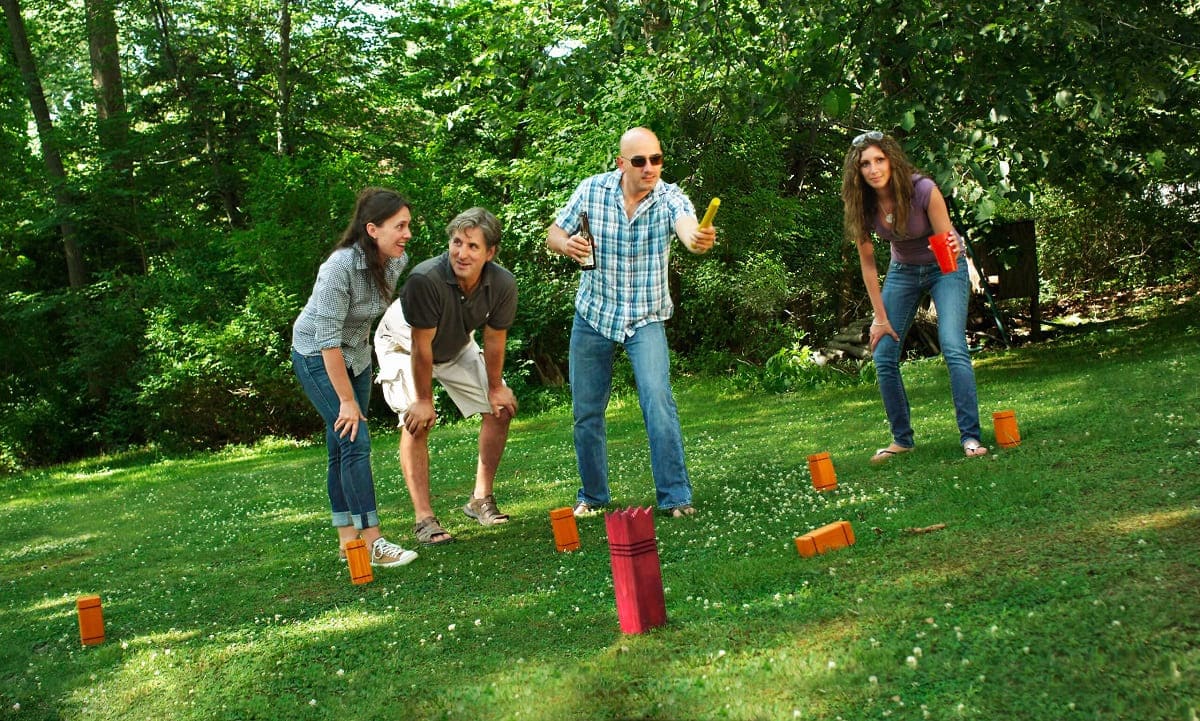
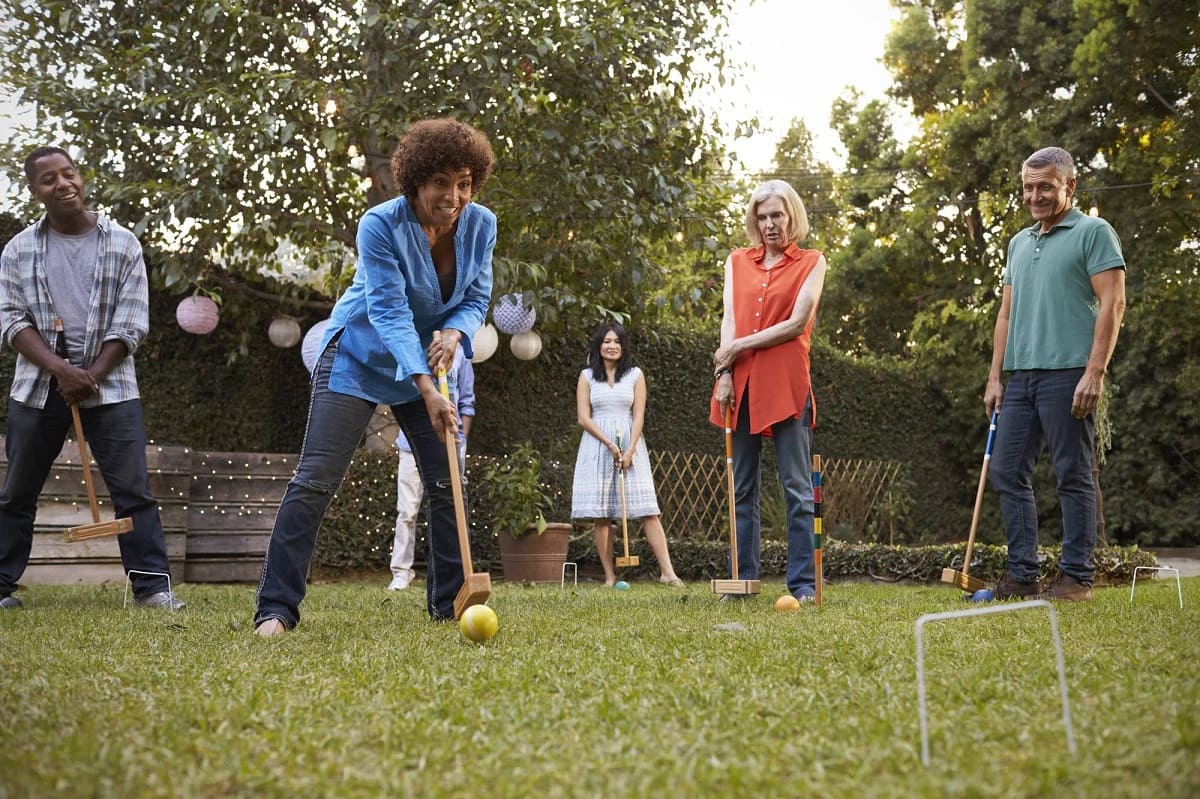
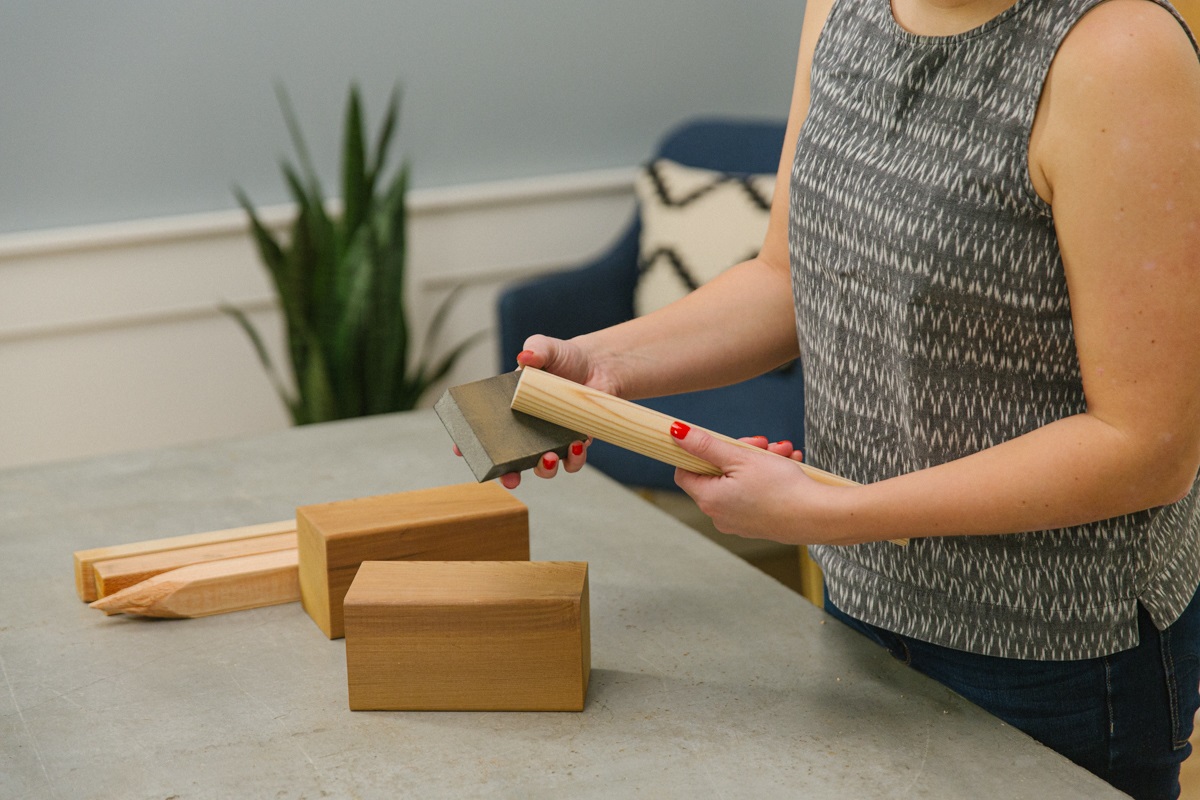









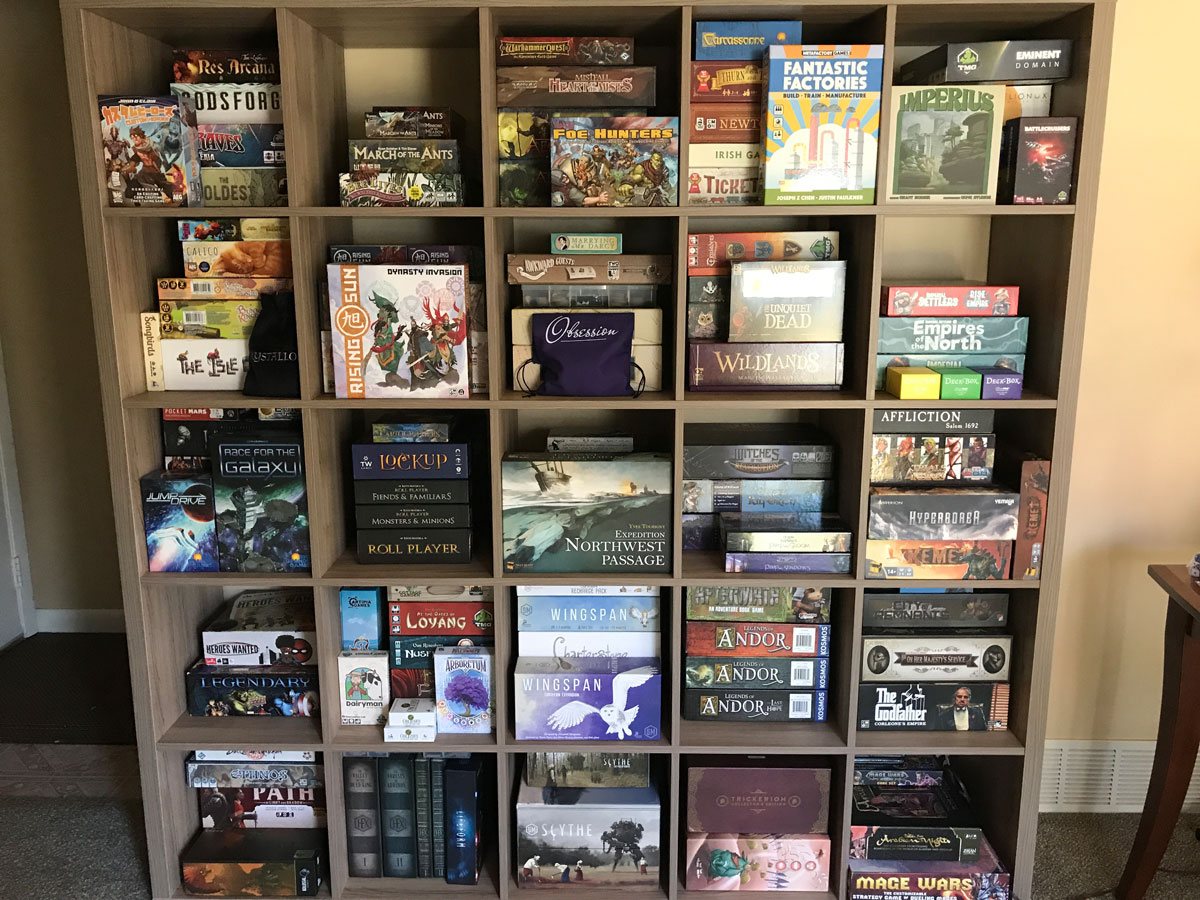


0 thoughts on “What Is The Game Kubb”